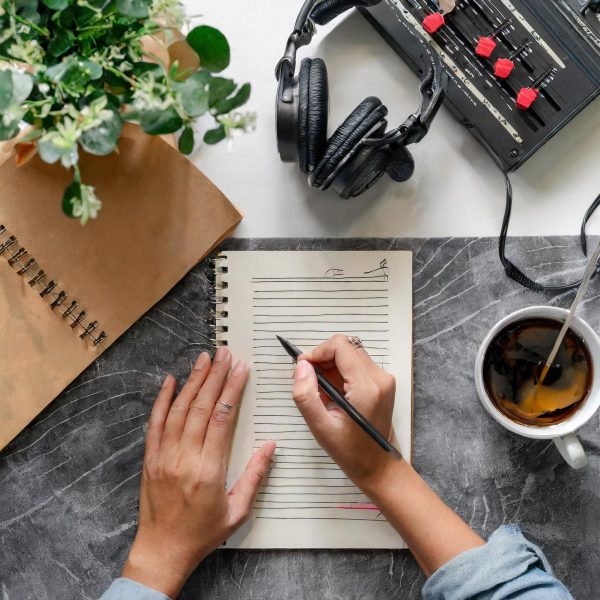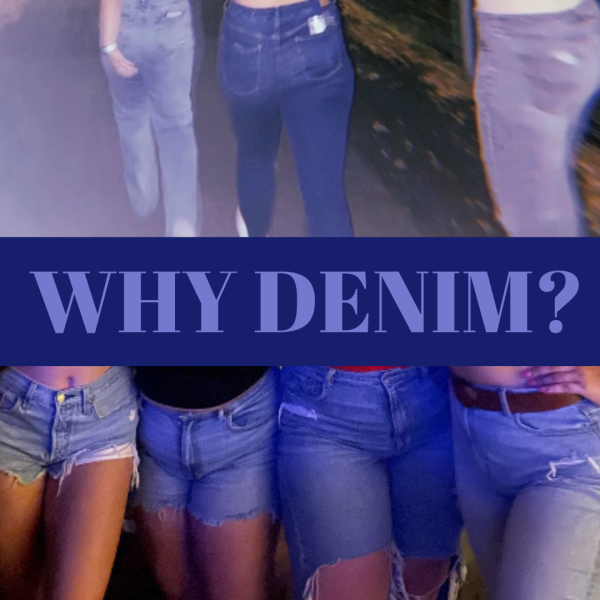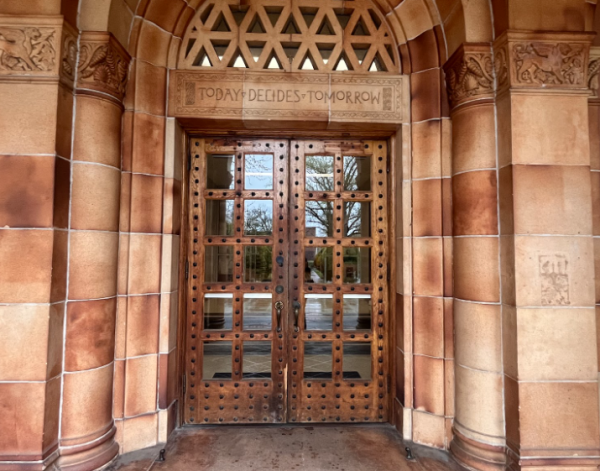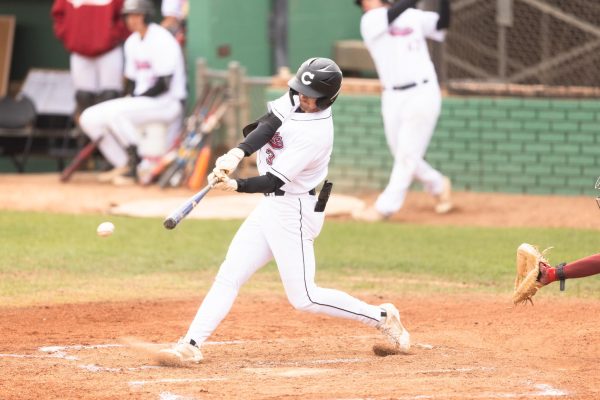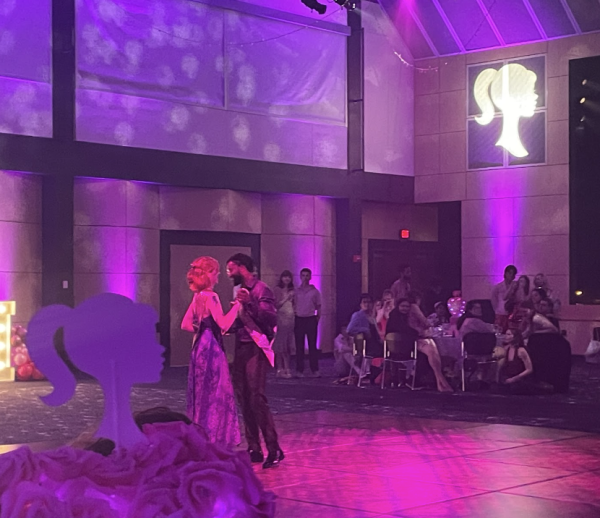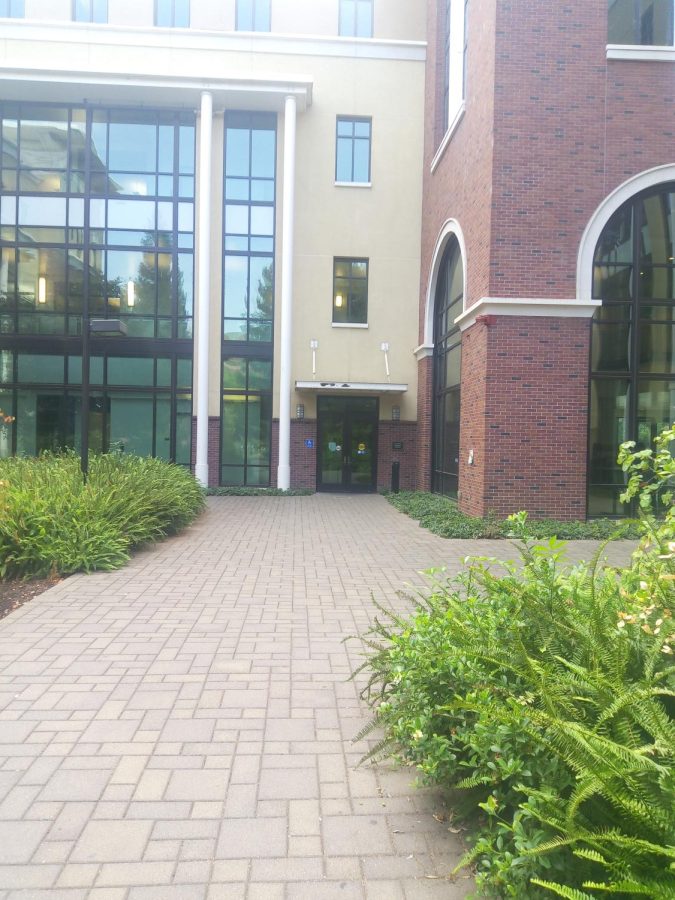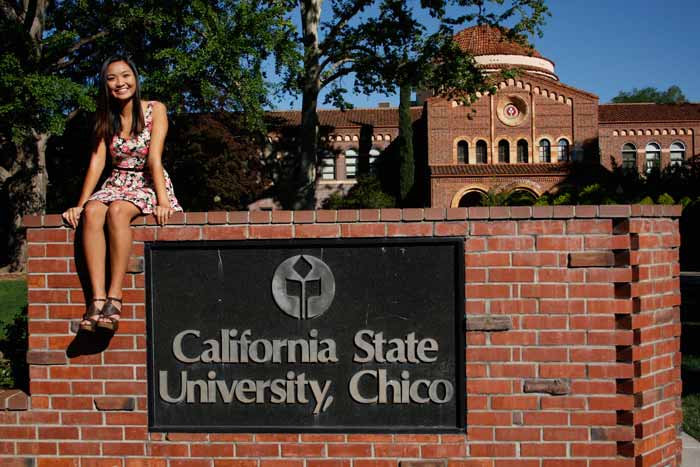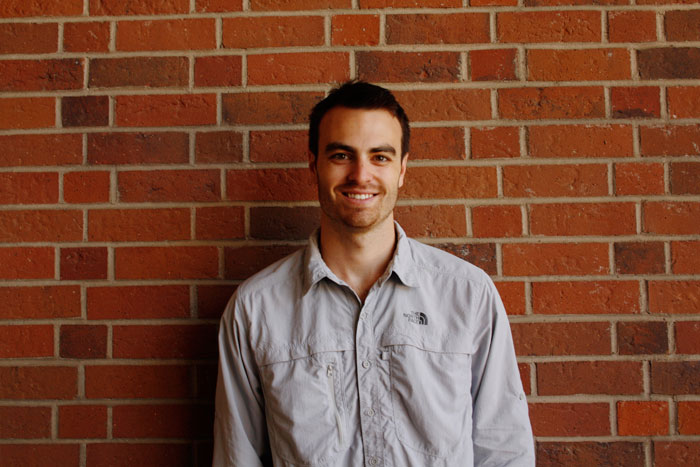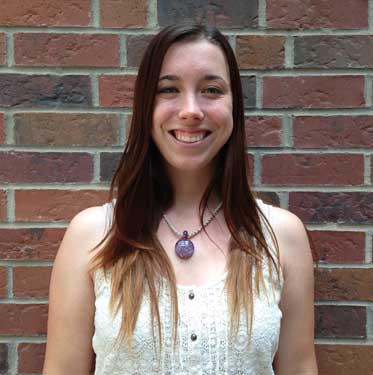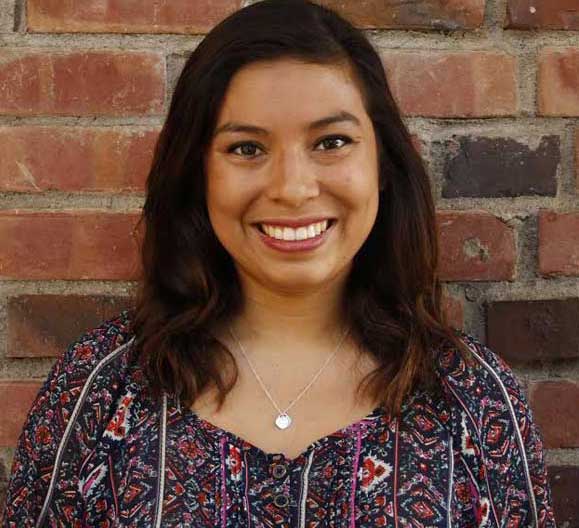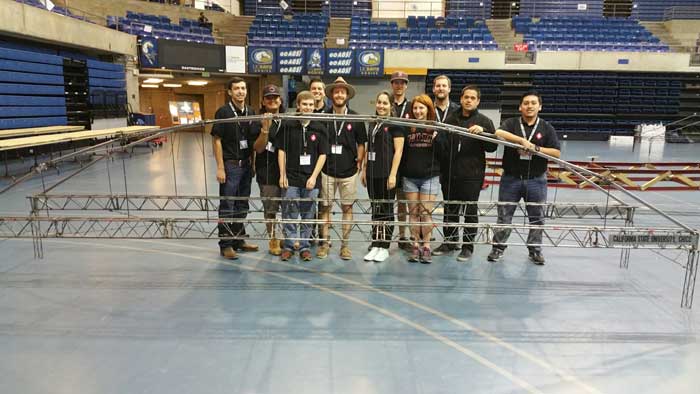Published 2002-09-04T00:00:00Z”/>
Jen Cooper<br>Managing Editor
As journalists, we’re taught in our classes to always stand up for the First Amendment and to fight for access. For most college journalists, the First Amendment fight rarely leaves the classroom.
But Saturday night, one Orion photographer stood up for the First Amendment and wound up handcuffed and in jail.
Misha Osinovskiy is an Orion photographer who was on assignment downtown taking pictures for a story about students being cited for alcohol offenses. As detailed in the A1 news story, Osinovskiy was arrested on suspicion of obstruction of justice after he continued to take photographs of an undercover officer from the Department of Alcoholic Beverage Control.
Osinovskiy was handcuffed and his camera and film were confiscated as evidence. He spent the next five hours sitting among drunks who reeked of vomit and urine as he waited to be booked into jail.
If you think this is only an Orion battle or an issue for journalists, you’re wrong. When our rights our limited, you suffer too.
There are several things to consider before being able to understand why we at The Orion object so strongly to Osinovskiy’s arrest.
The safety of the undercover officer is at stake in this situation. We recognize that disclosing his identity could open him up to danger and ruin his ability to work among student groups.
And because we recognize that danger, The Orion would not have Published the pictures Osinovskiy took.
No respectable journalist would want to hamper an investigation or put someone’s life in danger, but we do want to tell the truth – whether it be with words or pictures.
I know there’s an existing stereotype that all members of the media are out to sensationalize the news and run the sexiest pictures possible, regardless of any cost. That stereotype is both unfortunate and untrue.
The photos Osinovskiy took were not sensationalistic. He had not been waiting endless hours to set up this picture. He simply walked by a student getting a citation on a public street corner on Fourth Street, and he took a picture.
Journalists have the right (not to mention responsibility) to take pictures in public places, even when the subjects don’t want their picture taken. We don’t do it because we’re mean; we do it because it’s our job.
Imagine if every photograph Published was taken according to the terms of the people in the picture. Newspaper pages would be filled with posed yearbook photos instead of accurate representations of real life.
Also, if we’re not allowed access to public places, we can’t do our job. And if we can’t do our job, you’re left to find out information on your own.
You should care about Osinovskiy’s arrest because it could affect the stories you read in The Orion. When any reporter is kept out of public places, censored or arrested, the result of that action has a chilling effect by discouraging other reporters from asking the tough questions or fighting for their rights.
And that means that readers get left with stories like “Democratic headquarters broken into” instead of “Nixon suspected of Watergate involvement.”
One of the more disturbing questions surrounding the arrest is whether or not Osinovskiy’s age played a role in the outcome.
It’s difficult to believe that a photographer for the Enterprise Record or The Sacramento Bee would have been subject to the same treatment.
Having dealt with drunken students all night long, it’s possible that this officer pegged Osinovskiy as another unruly student out to cause trouble.
But Osinovskiy was sober and just looking to do his job. And he has the same First Amendment rights as any photographer from the Enterprise Record, The Sacramento Bee, or The New York Times, for that matter.
David Little, editor of the Enterprise Record, said his staff routinely shoots pictures of undercover officers. After the picture is taken, the photographer will normally talk with the officer about the risks involved with printing the picture. The final decision over whether or not to run the photo is left up to the newspaper staff.
“You have a discussion about it, but you certainly don’t get arrested from it,” he said. “It sounds like they really went to an extreme.”
Little has worked as a journalist for 22 years, and he has never worked for a newspaper where a photographer has been arrested, he said.
The courts have ruled in several cases that the First Amendment isn’t suspended on college campuses. It’s unfair and unethical to apply different standards to reporters based on their ages and student status.
Osinovskiy doesn’t regret his decision to take the pictures. He said he’d do the same thing if faced with the choice again. We should all be grateful that one student was willing to go to jail in order to exercise a right most of us too often take for granted. Thank you, Misha, for going to jail, and most importantly, for being willing to go again.
Jen Cooper can be reached at:
<a href= “mailto:[email protected]”>[email protected]</a>
